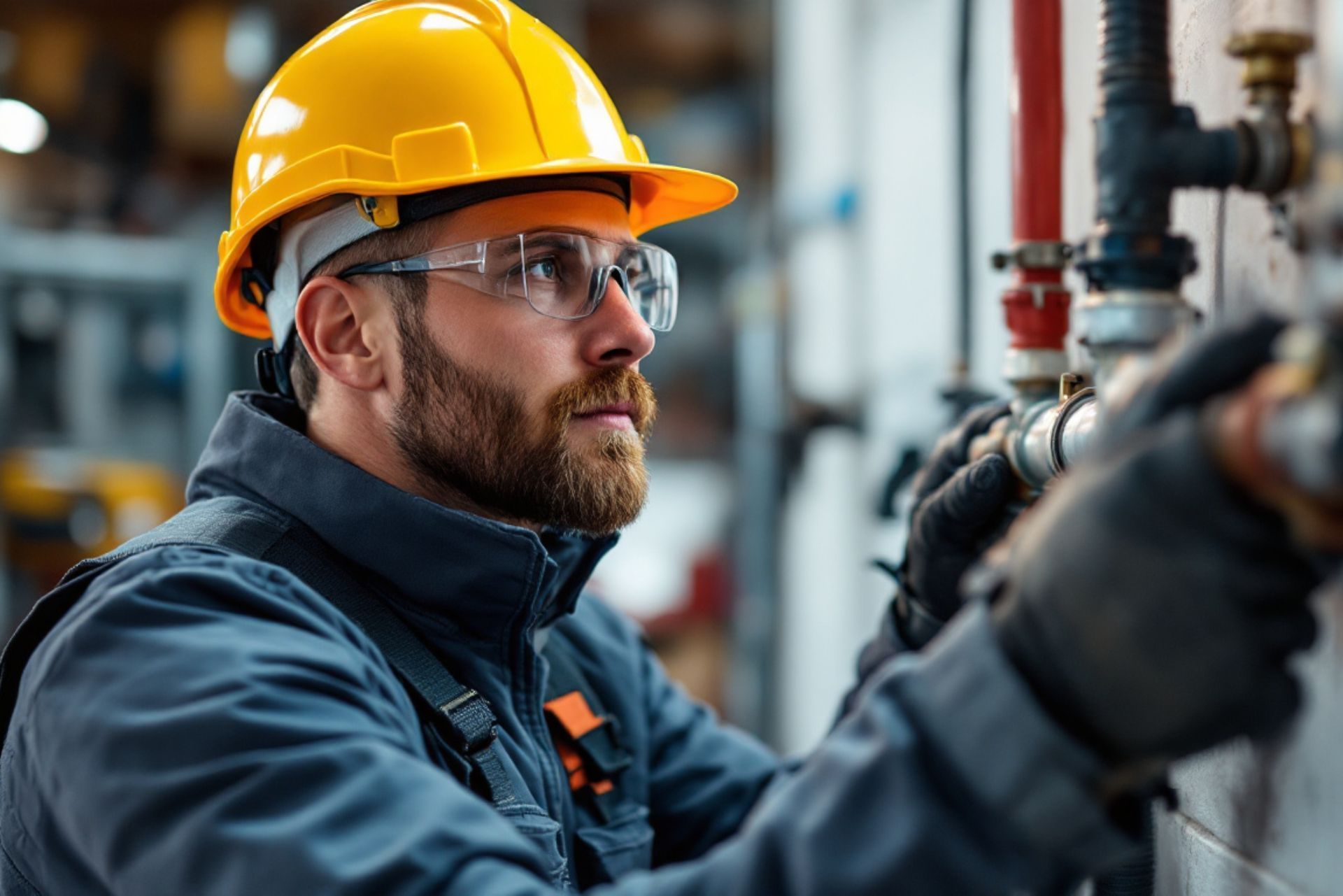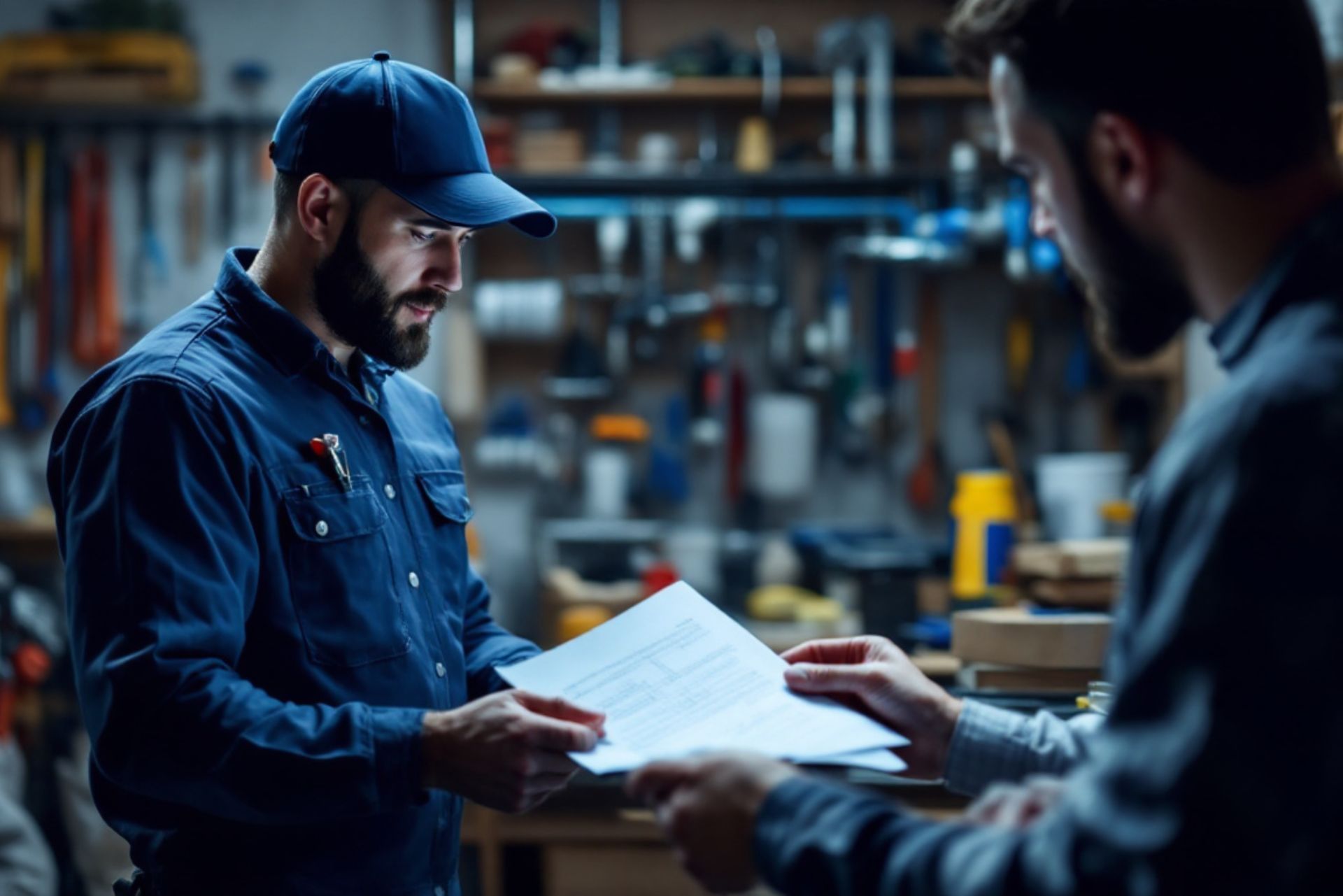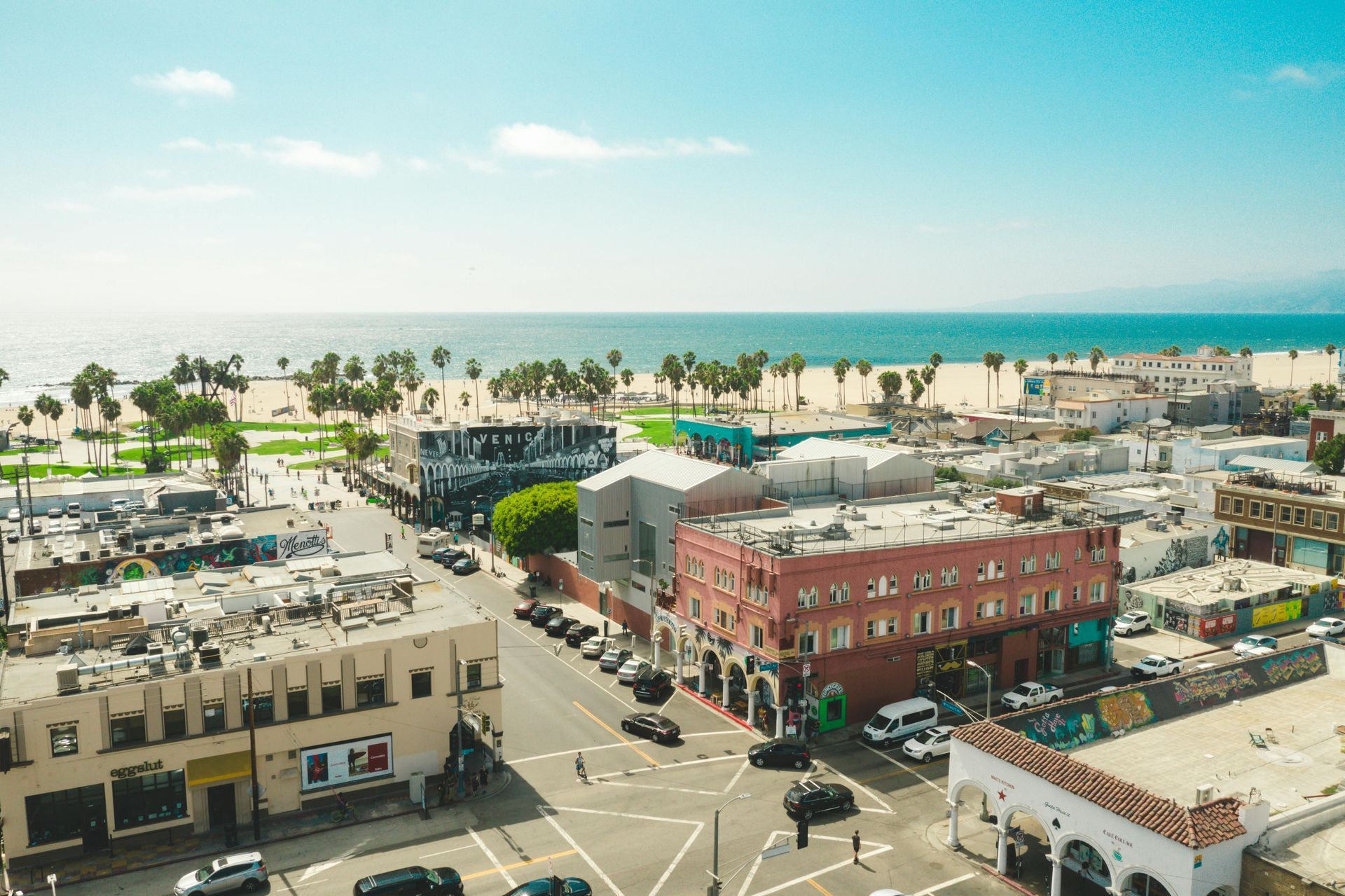Index
Contact Us
Phone
Location
Simi Valley, CA 93065
The Woodlands, TX 77382
Katy, TX 77494
Gas line plumbing is a critical aspect of residential and commercial infrastructure. It ensures that gas is safely delivered for heating, cooking, and other essential services. However, with the complexities and potential hazards involved in gas line work, having the right insurance coverage is vital for plumbers in this field. This article explores everything you need to know about gas line plumber insurance, including its importance, types of coverage, and how to choose the right policy.
Understanding the Importance of Insurance for Gas Line Plumbers
Insurance is not just a legal requirement for many plumbing businesses; it is also a safeguard against unforeseen circumstances. Gas line plumbers face unique risks due to the nature of their work, which involves handling flammable materials and working in potentially hazardous environments. The stakes are high, as a single error can lead to catastrophic results, making insurance an essential component of a responsible plumbing practice.
Risk Management
The plumbing industry is fraught with risks, particularly when it comes to gas lines. Accidents can lead to severe injuries, property damage, or even fatalities. Insurance helps mitigate these risks by providing financial protection and peace of mind. In the event of an accident, having the right coverage can prevent a small mishap from turning into a financial disaster. Additionally, insurance can cover legal fees that may arise from lawsuits, allowing plumbers to focus on their work rather than worrying about potential financial repercussions. This financial safety net is crucial, especially in an industry where the potential for accidents is ever-present.
Legal Requirements
In many regions, certain types of insurance are legally required for plumbers. This may include general liability insurance, workers' compensation, and specific coverage for gas line work. Understanding local regulations is crucial for compliance and to avoid potential fines or legal issues. Moreover, staying informed about changes in legislation can help plumbers adapt their insurance policies accordingly, ensuring they remain compliant and adequately protected. This proactive approach not only shields the business from legal troubles but also enhances its reputation in the community, showcasing a commitment to safety and professionalism.
Building Client Trust
Having comprehensive insurance coverage not only protects the plumber but also instills confidence in clients. Homeowners and businesses are more likely to hire a plumber who can demonstrate that they are insured and bonded, knowing that they are protected in case of any mishaps during the job. This trust can lead to repeat business and referrals, which are invaluable in a competitive market. Furthermore, being insured allows plumbers to market their services more effectively, highlighting their commitment to safety and reliability. Clients are often reassured by the knowledge that their plumber has taken the necessary steps to protect both themselves and their property, fostering a sense of security that can lead to long-term relationships.
In addition to the basic insurance requirements, gas line plumbers may also consider specialized coverage options such as professional liability insurance. This type of insurance protects against claims of negligence or inadequate work, which can be particularly relevant in the gas line sector where the margin for error is minimal. By investing in a robust insurance policy that includes these additional protections, plumbers can further solidify their standing as trustworthy professionals in the eyes of their clients. It also demonstrates a commitment to quality workmanship, as it shows that they are prepared for any eventuality, reinforcing their dedication to both safety and customer satisfaction.

Types of Insurance Coverage for Gas Line Plumbers
Gas line plumbers should consider several types of insurance coverage to ensure they are adequately protected. Each type serves a different purpose and addresses specific risks associated with plumbing work.
General Liability Insurance
General liability insurance is a fundamental type of coverage for any plumbing business. It protects against claims of bodily injury, property damage, and personal injury that may occur during the course of work. For gas line plumbers, this is particularly important due to the potential hazards associated with gas installations and repairs. For instance, if a gas leak occurs due to improper installation, the consequences can be severe, leading to property damage or even personal injury. This insurance not only covers legal fees and settlements but also provides peace of mind, allowing plumbers to focus on their work without the constant worry of potential lawsuits hanging over their heads.
Workers' Compensation Insurance
Workers' compensation insurance is essential for any business with employees. It provides coverage for medical expenses and lost wages if a worker is injured on the job. Given the risks involved in gas line plumbing, this type of insurance is crucial for protecting both the business and its employees. In addition to covering immediate medical costs, workers' compensation can also assist with rehabilitation services for employees who may need to recover from serious injuries. This not only helps ensure that workers can return to their jobs safely but also fosters a supportive work environment, which can enhance employee morale and retention.
Professional Liability Insurance
Professional liability insurance, also known as errors and omissions insurance, protects plumbers against claims of negligence or failure to perform professional duties. For gas line plumbers, this can cover situations where a client claims that the work was not completed to industry standards or resulted in damage. Given the complex nature of gas line installations, even minor oversights can lead to significant issues, including safety hazards. This insurance not only safeguards the plumber's financial interests but also enhances their professional reputation, as it demonstrates a commitment to high standards and accountability in their work. Furthermore, having this coverage can make it easier to secure contracts with larger clients who may require proof of insurance before hiring a contractor for gas line projects.
Beyond the basic types of insurance, there are additional coverage options that gas line plumbers may want to consider. These can provide further protection and peace of mind in a variety of scenarios.
Equipment and Tools Insurance
Plumbers rely heavily on their tools and equipment to perform their jobs efficiently. Equipment and tools insurance covers the loss, theft, or damage of essential tools, ensuring that a plumber can quickly replace them without incurring significant out-of-pocket expenses. This type of insurance can be particularly beneficial for those who have invested in high-quality, specialized tools that are essential for their trade. Furthermore, having this coverage can help plumbers maintain their productivity and service quality, as they won’t face prolonged downtimes due to unexpected equipment failures.
Commercial Auto Insurance
For plumbers who use vehicles to transport tools and equipment, commercial auto insurance is a must. This type of insurance covers vehicles used for business purposes, protecting against accidents, theft, and damage while on the road. It also provides liability coverage in case of an accident that results in injury or property damage to others. Given the nature of plumbing work, which often requires traveling to various job sites, having commercial auto insurance not only safeguards the vehicle but also ensures that the plumber can focus on their work without the added stress of potential financial repercussions from accidents or incidents while driving.
Pollution Liability Insurance
Gas line work can sometimes lead to environmental hazards, especially if there is a leak or spill. Pollution liability insurance covers the costs associated with cleanup and damages related to environmental contamination, providing an additional layer of protection for gas line plumbers. This coverage is particularly crucial in today’s environmentally conscious landscape, where regulatory scrutiny is increasing. In the event of a gas leak, the financial implications can be significant, including fines and remediation costs. By securing pollution liability insurance, plumbers not only protect their business but also demonstrate a commitment to responsible practices, which can enhance their reputation in the community and among clients.
Workers' Compensation Insurance
In the plumbing industry, the risk of injury is a reality that cannot be overlooked. Workers' compensation insurance provides essential coverage for employees who may suffer work-related injuries or illnesses. This type of insurance covers medical expenses, rehabilitation costs, and lost wages, allowing plumbers to focus on recovery without the burden of financial stress. Additionally, having workers' compensation insurance can help businesses comply with state regulations, ensuring that they are operating within legal requirements while fostering a safer work environment. By prioritizing the well-being of their workforce, plumbing businesses can enhance employee morale and retention, ultimately contributing to a more successful operation.
How to Choose the Right Insurance Policy
Choosing the right insurance policy can be daunting, especially with the variety of options available. However, understanding specific needs and risks can help streamline the process.
Assessing Your Risks
Before selecting an insurance policy, it is crucial to assess the specific risks associated with your plumbing business. Consider factors such as the types of projects undertaken, the size of your workforce, and the equipment used. This assessment will help determine the types and amounts of coverage needed. For instance, if your business frequently handles large-scale commercial projects, you may need higher liability coverage compared to a residential plumbing service. Additionally, consider the geographical area you operate in; certain regions may have unique risks, such as flooding or earthquakes, that could impact your insurance needs.
Comparing Policies
Once the risks are assessed, it is important to compare different insurance policies. Look for coverage options, limits, deductibles, and exclusions. Obtaining quotes from multiple insurance providers can also help identify the best value for the coverage needed. When comparing policies, pay attention to the fine print, as some policies may offer lower premiums but come with higher deductibles or limited coverage for specific incidents. It can also be beneficial to read customer reviews and ratings for each insurance provider, as this can give insight into their claims process and customer service quality, which are critical factors when you need to file a claim.
Consulting with an Insurance Agent
Working with an insurance agent who specializes in the plumbing industry can provide valuable insights. They can help navigate the complexities of insurance options, ensuring that the chosen policy meets both legal requirements and business needs. An experienced agent can also assist in identifying potential gaps in coverage that you might overlook, such as workers' compensation or equipment breakdown insurance. Furthermore, they can help you understand the implications of various endorsements and riders that can enhance your policy, ensuring that your business is fully protected against unforeseen events.
Common Myths About Gas Line Plumber Insurance
There are several misconceptions surrounding insurance for gas line plumbers. Understanding the truth behind these myths can help business owners make informed decisions.
Myth: Insurance is Too Expensive
While insurance costs can vary, many plumbers find that the protection it offers far outweighs the expense. Additionally, there are often options to tailor coverage to fit budgets, making it accessible for businesses of all sizes. Many insurance providers offer flexible payment plans that can ease the financial burden, allowing plumbers to focus on their work rather than worrying about potential liabilities. Furthermore, investing in insurance can lead to long-term savings by preventing costly out-of-pocket expenses in the event of a claim.
Myth: I Don’t Need Insurance if I’m Careful
Even the most careful plumbers can encounter accidents. Insurance is not just about being cautious; it’s about being prepared for the unexpected. Having coverage ensures that a single incident does not jeopardize the entire business. For instance, a minor mishap during a routine gas line installation could result in significant damage or injury, leading to costly lawsuits. By having insurance, plumbers can protect their livelihoods and maintain peace of mind, knowing they have a safety net in place should the unforeseen occur.
Myth: All Insurance Policies Are the Same
Not all insurance policies are created equal. Coverage options, limits, and exclusions can vary significantly between providers. It is essential to thoroughly review and understand the specifics of any policy before making a decision. Some policies may include additional benefits, such as coverage for equipment breakdowns or liability for subcontractors, which can be crucial for a gas line plumbing business. Moreover, understanding the nuances of different policies can empower plumbers to negotiate better terms and ensure they are adequately protected against the unique risks associated with their trade.

The Claims Process: What to Expect
In the unfortunate event of an accident or incident, understanding the claims process is essential for gas line plumbers. Knowing what to expect can help streamline the resolution and ensure that the business is back on track as quickly as possible.
Reporting an Incident
The first step in the claims process is to report the incident to the insurance provider as soon as possible. This typically involves providing details about what happened, the parties involved, and any damages incurred. Prompt reporting can help expedite the claims process. Additionally, it's important to be as detailed as possible when describing the incident. This includes noting the time and location of the event, any witnesses present, and the immediate actions taken following the incident. This level of detail not only aids in the investigation but also demonstrates professionalism and diligence on the part of the plumber.
Documentation
Thorough documentation is crucial when filing a claim. This may include photographs of the scene, witness statements, and any relevant contracts or agreements. The more information provided, the smoother the claims process will be. Furthermore, keeping a detailed log of all communications with the insurance company, including dates, times, and the names of representatives spoken to, can prove invaluable. This log serves as a record of the claims process and can help resolve any disputes that may arise regarding the handling of the claim.
Working with Adjusters
After a claim is filed, an insurance adjuster will likely be assigned to assess the situation. They will review the documentation, investigate the incident, and determine the validity of the claim. Open communication with the adjuster can help facilitate a quicker resolution. It's beneficial to be prepared for the adjuster's visit by having all relevant documents organized and accessible. Additionally, being ready to answer questions about the incident and the business operations can help the adjuster understand the context better, potentially leading to a more favorable outcome. Remember, the adjuster’s role is to ensure that the claim is handled fairly, so fostering a cooperative relationship can be advantageous.
Conclusion
Gas line plumber insurance is an essential component of a successful plumbing business. From protecting against potential liabilities to ensuring compliance with legal requirements, having the right coverage is crucial. By understanding the various types of insurance available, assessing risks, and choosing appropriate policies, gas line plumbers can safeguard their businesses and provide peace of mind to their clients.
As the plumbing industry continues to evolve, staying informed about insurance options and best practices is vital. By prioritizing insurance needs, gas line plumbers can focus on what they do best—providing safe and reliable plumbing services.
Types of Plumber Insurance We Provide
Areas we serve




